Welcome
I started this blog in 2013 to share my reflections on reading, writing and psychology, along with my journey to become a published novelist. I soon graduated to about twenty book reviews a month and a weekly 99-word story. Ten years later, I've transferred my writing / publication updates to my new website but will continue here with occasional reviews and flash fiction pieces, and maybe the odd personal post.
|
Two debut novels from female British writers featuring dodgy scientific experiments on nonconsenting participants within very dark periods of history: the holocaust in the first and the transatlantic slave trade in the second. Yet, despite both also featuring women disempowered by their husbands, and voluntary and involuntary drug abuse, each contains a thread of hope in a love story.
6 Comments
As my next novel, Matilda Windsor Is Coming Home, has three point-of-view characters, I’m always curious to see how others handle three-handers. But that’s not the main reason I chose to read these two novels. Both are set against the backdrop of the tangled web of history tying the Indian subcontinent with Britain. The first links the dying days of the Raj to a British-born woman of Bengali heritage settled in Wales. The second brings characters from Karachi, London and Portsmouth to the deserts of war-torn Iraq.
Two novels set in Britain that feature climbing. In the first, it’s the hobby verging on obsession of three of the four main characters, in a homage to Sheffield and the nearby Peak District National Park; in the second, a cli-fi thriller, surmounting the wall is what the narrator and his peers are conscripted to prevent. Thanks to publishers Chatto and Windus and to Faber for my review copies.
I have no hesitation in recommending both of these literary novels, intriguing stories set against the rise of fascism leading up to the Second World War. The first is a coming-of-age story set in Italy and Libya; the second about vested interests in the art world set in Berlin.
I’m here to introduce two novels about girls who become fixated on another girl in childhood and pick up the relationship again as young adults. In the first, set in Vietnam and the USA, the main focus is on the friendship in childhood; in the second, set in New York, the adult obsession is in the foreground. In both books, the main character has a problematic relationship with her mother: in the first, the mother is painfully distant; in the second, mother and daughter are initially enmeshed.
Two very different novels about women’s lives under and after the Soviet system: the first about a young mother from a Tatar village who finds a certain kind of freedom when she’s transported to the Soviet Gulag; the second about girls growing up in Prague in the dying days of communism.
I wondered, initially, whether the fact that these two short novels include images would be sufficient reason to pair them in a post. But, while different in style, they’re both about identity (among other matters). In the first, a young man uses photographs he has inherited to try to understand the woman who kept them, as his own identity seems to merge with hers. In the second, an older man finds his identity as an illustrator losing out to his role as grandfather.
October’s final novel pairing involves migration, mothers and sons, and a couple of anthropoid cats. In the first, reckless spending pushes a mother and her co-dependent son to leave Manhattan for Paris along with the family cat; in the second, a woman is forced to flee Kosovo for Finland, where her son grows up distant from family and roots until he begins an affair with a talking cat.
Fictional writers can be tricky on the page; sometimes I suspect a character’s assigned the job because the author’s unfamiliar with more run-of-the-mill kinds of work. But, like anything else that’s slightly iffy, if you’re going to go for it, it’s best to go for it big time. That’s what Irish writer John Boyne does with his larger-than-life antihero Maurice Swift and American Andrew Sean Greer with “failed novelist” Arthur Less, both simultaneously managing to address the wider issues of human vanity and what constitutes a well-lived life.
Two novels about same-sex love and sex in communities which frown upon such couplings: the first between women in 1930s Syria and the second between men in 1950s England. Both novels feature dreams, or dreamlike occurrences: in the first, a bureaucrat stumbles upon an isolated house on a rainy night where he’s mesmerised by an old man’s story; in the second, a scientist undergoing “chemical castration” has some vivid dreams.
I sometimes wonder if the link between books is too tenuous to pair the reviews; less often, I worry they might be too alike. These two new novels about curmudgeonly widowers reluctantly rubbing shoulders with other retirees in what feels to them like death’s waiting room seemed to belong to the latter category: second novels about men at odds with their grown-up daughters finding a kind of redemption when an unlikely friend intrudes upon their private space. Both have hints of humour and a quietly political backdrop of past injustice but, despite the surface similarities, once I was lost in the pages I realised that no two novels are ever the same.
Two novels about young Asians migrating to the USA: in the first, an Indian man receives a cultural, sexual and political education in New York; in the second, a woman has been stripped of wealth, lover and purpose when she leaves her native Philippines to shack up with relatives in a poor part of California.
Meet Abdallah, an Omani businessman who grew up without a mother, and Michael, a convenience-store worker in Toronto of Trinidadian heritage, who grew up without a dad. Each is somehow too sensitive for the community that contains them, with confusing expectations of masculinity they don’t easily meet. While Abdallah is rich in money and relatives, and Michael, alone with his mother, can hardly make ends meet, both are the products of rapidly changing cultures, both have seen violence and both have reason for regret.
Kimiâ and Zebra are women in their early 20s with roots in the Mazandaran region of Iran. Both have been shaped by their fathers’ intellectual and political allegiances that forced them into exile as young girls. Both have grown into young adults slightly distant from their own emotions but, while Kimiâ, now living in Paris, has forged an identity that separates her from her family of origin, Zebra, now an orphan travelling from New York to Barcelona, is disturbed and disturbingly loyal to her heritage.
Follow this link for other accounts of the refugee experience. When the press release described Speak No Evil as “a novel about the power of words”, I thought it would fit nicely with Missing, about a translator who has personal reasons for using precise verbalisations. But, although I could see what the publishers were getting at, it didn’t chime strongly with my reading experience. Nevertheless, these short novels – the first from the UK, the second from the US and Nigeria – have something in common: the grief and guilt that has diverted a woman’s life after a tragic misunderstanding at the age of eighteen. But, given that exactly how that happened is part of the mystery, you won’t find much about that in my reviews. Don’t let that stop you reading on, as both these novels are well worth your time.
I’ve recently been reading two second novels in which a woman sets out to uncover a family’s tragic secret lodged within a large historic house, aided and abetted by a presence that might or might not be a ghost. In the first, the woman and her husband buy a crumbling manor house as a weekend retreat from London; in the second, the woman is employed in the London mansion as carer for a man who can’t throw anything away. Both have strong voices and characterisation, with beautiful descriptions, but differ sufficiently that you could happily read both. For other novels about mysterious houses see Fell by Jenn Ashworth and post What’s haunting these houses?
I’ve recently read two novels in which a widower has an uncanny encounter with someone from the fringes which, for them at least, feels replete with meaning. Jim Crace’s widower is also mourning the end of his musical career; whereas, twenty years younger, Rebecca F John’s widower is offered a fresh start in caring for his newborn baby daughter.
Some moral questions to end the year and see us into the next! Is it okay for some to go hungry while others feast? Is it okay that the accident of where we are born, and to whom, determines our life chances? Does it matter that, with modernity and the march of capitalism, the gap between the haves and have nots is widening? Neither this tragicomedy set in Edinburgh nor this scattershot novel set in India have the answers, but they can entertain us while making us reflect on the issues.
Although I’ve never been sure about novels about writers, I was keen to read these two: the first about an unpublished novelist ghostwriting a memoir and the second about a poet anticipating a different kind of creativity with her first child. Both these fictional writers are brought into close contact with an unexpected other – for the first, the character whose memoir he is writing; the second, another poet who used to live in the town to which she’s recently moved – with life-changing consequences. Both novels explore the nature of the self and the permeability of the boundary with the other (and, incidentally, feature graphic scenes of childbirth). For another novel about a writer, see my review of My Name Is Lucy Barton.
If you like to be scared, Halloween is the time for it, and if you like to be scared by a book, any of these might do. The first two are about houses haunted by their history are described as Gothic horror. The third seems to be going that way, but then veers off into a different kind of disturbance which, for me, provided the richer read.
Life’s tough on the fringes of society, perhaps particularly if you’re female. Not only have you your own vulnerability to contend with, but the projections of others who feel safer dwelling on your difference than on your similarity to them. Let me take you into the worlds of three such fictional females: The Parcel is harrowing novel about sex workers in Bombay; Dance by the Canal is a lighter novella about a homeless woman in East Germany; my recently published short story, “Ghost Girl” is about an African girl with the wrong colour skin.
Each of these novels provides a behind-the-scenes perspective on tourism, the first raging at the inequalities, the second poking gentle humour at those who mediate between traveller and native. Having anticipated some of the themes in a recent 99-word story composed before I read either, both, while very different from each other, are definitely my kind of book.
Allow me to introduce you to two novels looking back on Ireland’s recent history through the eyes of a man whose life has been limited by secrets, subterfuge and hypocrisy.
|
entertaining fiction about identity, mental health and social justice
Annecdotal is where real life brushes up against the fictional.
Annecdotist is the blogging persona of Anne Goodwin:
reader, writer, slug-slayer, tramper of moors, recovering psychologist, struggling soprano, author of three fiction books. LATEST POSTS HERE
I don't post to a schedule, but average around ten reviews a month (see here for an alphabetical list), some linked to a weekly flash fiction, plus posts on my WIPs and published books. Your comments are welcome any time any where. Get new posts direct to your inbox ...
or click here …
Popular posts
Categories/Tags
All
Archives
March 2024
BLOGGING COMMUNITIES
|
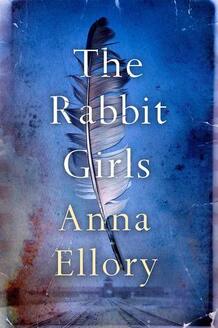
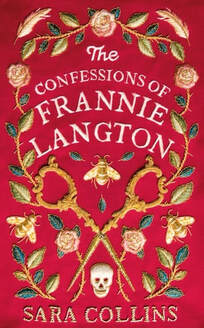
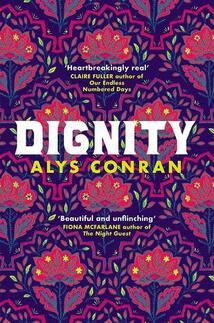
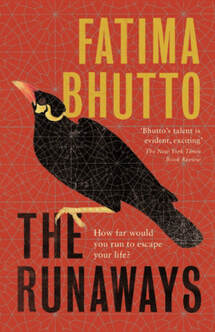
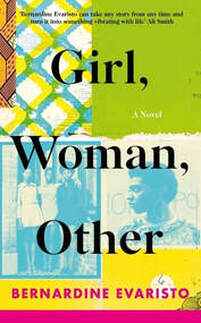
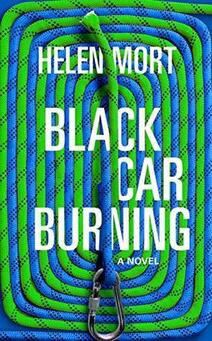
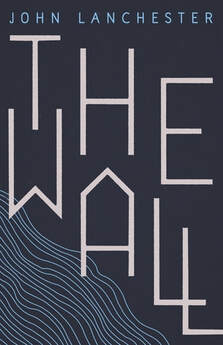
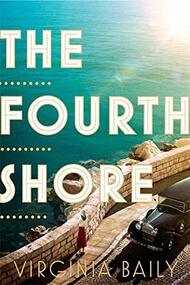
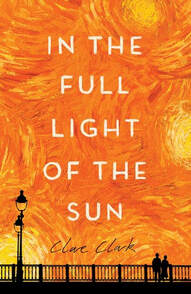
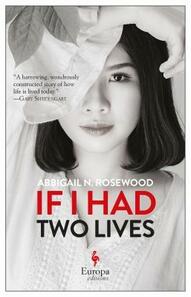
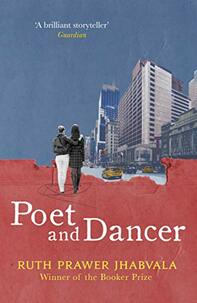
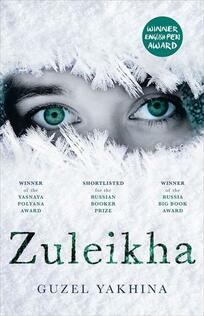
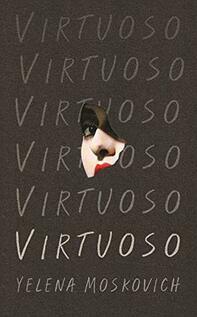
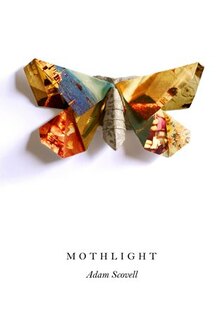
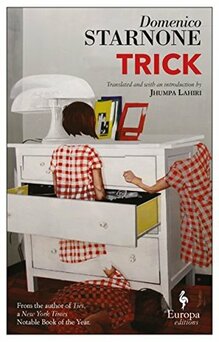
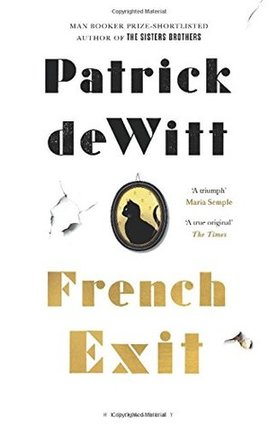
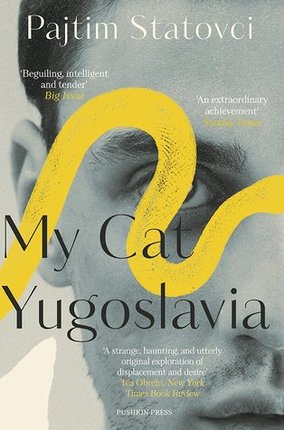
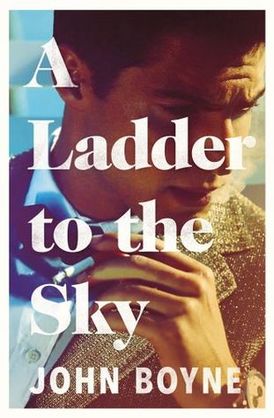
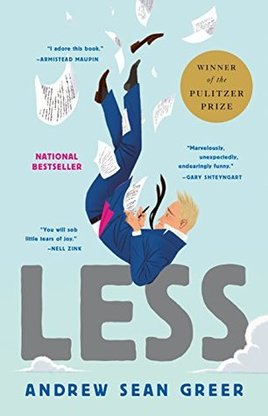
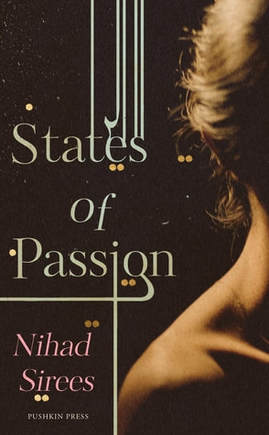
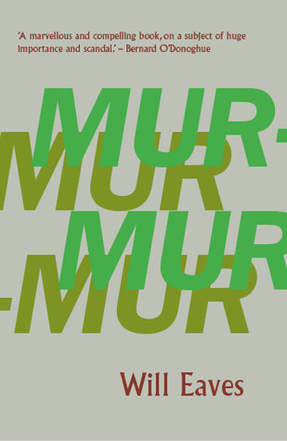
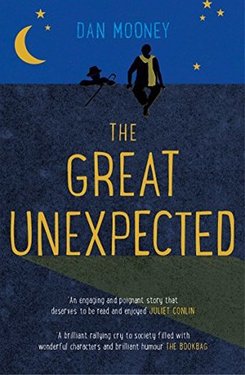
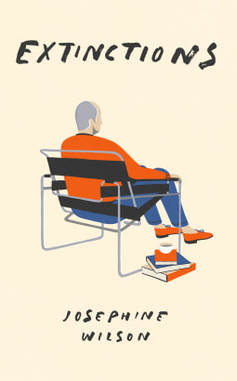
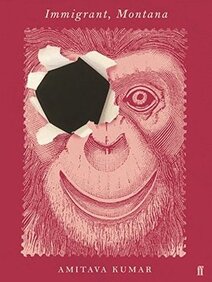
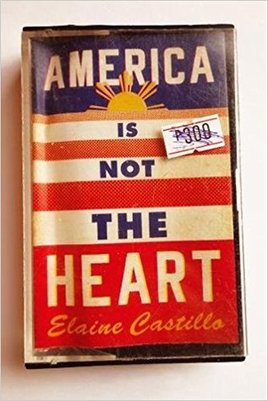
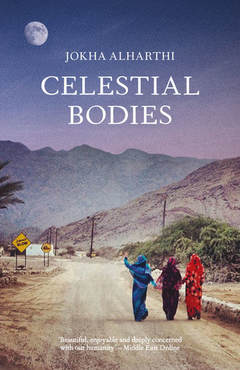
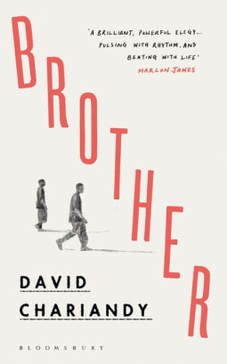

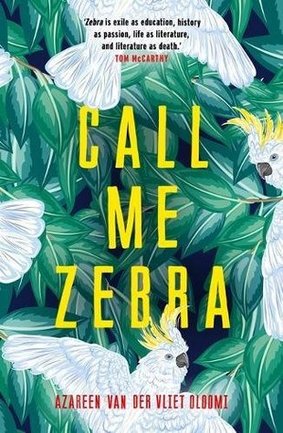
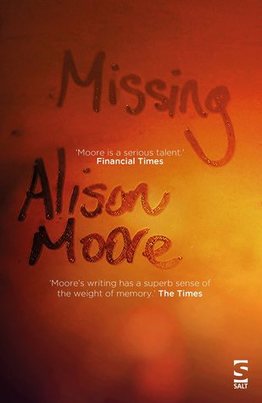
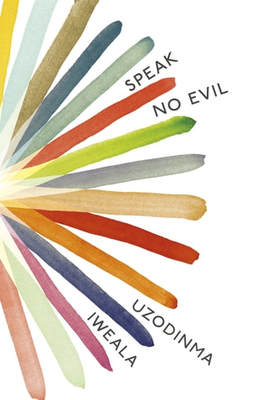
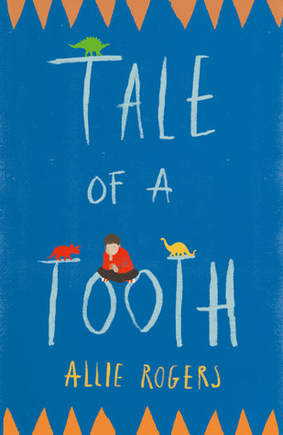
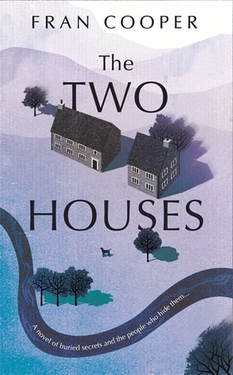
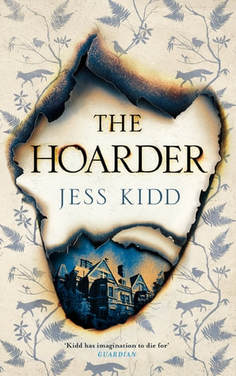
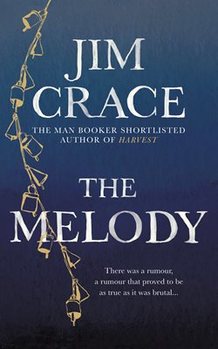
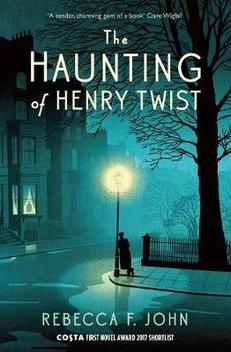
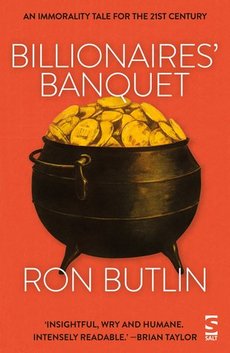
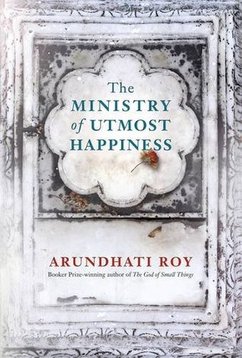
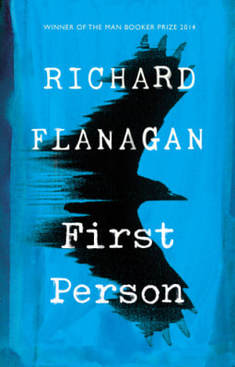
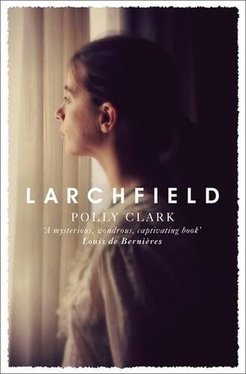
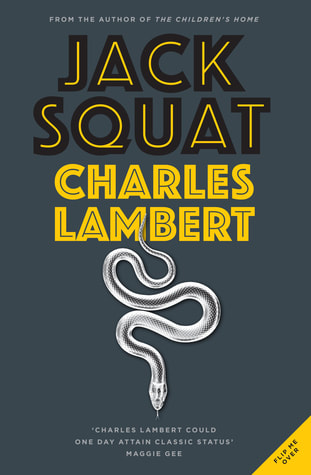
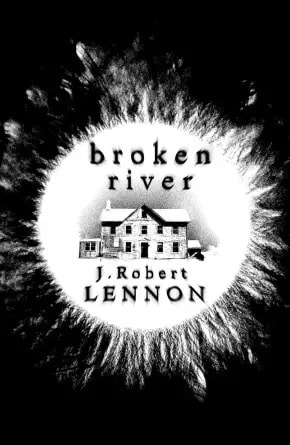
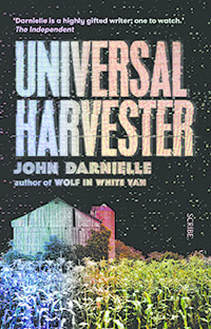
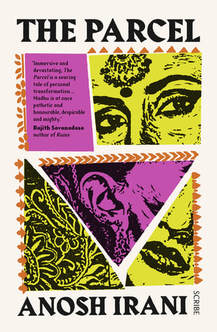
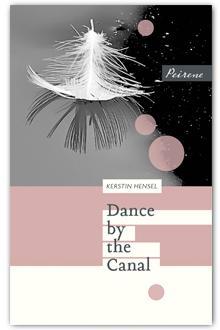
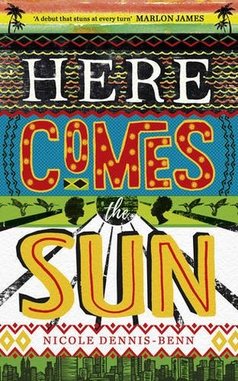
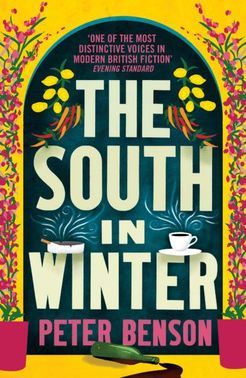
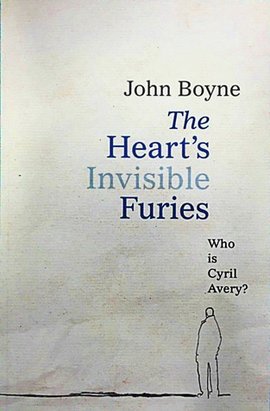
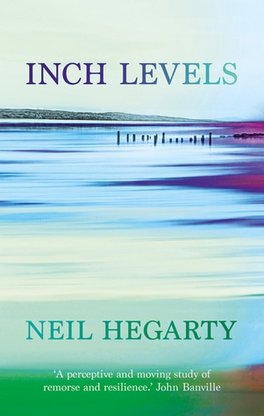





















 RSS Feed
RSS Feed





















